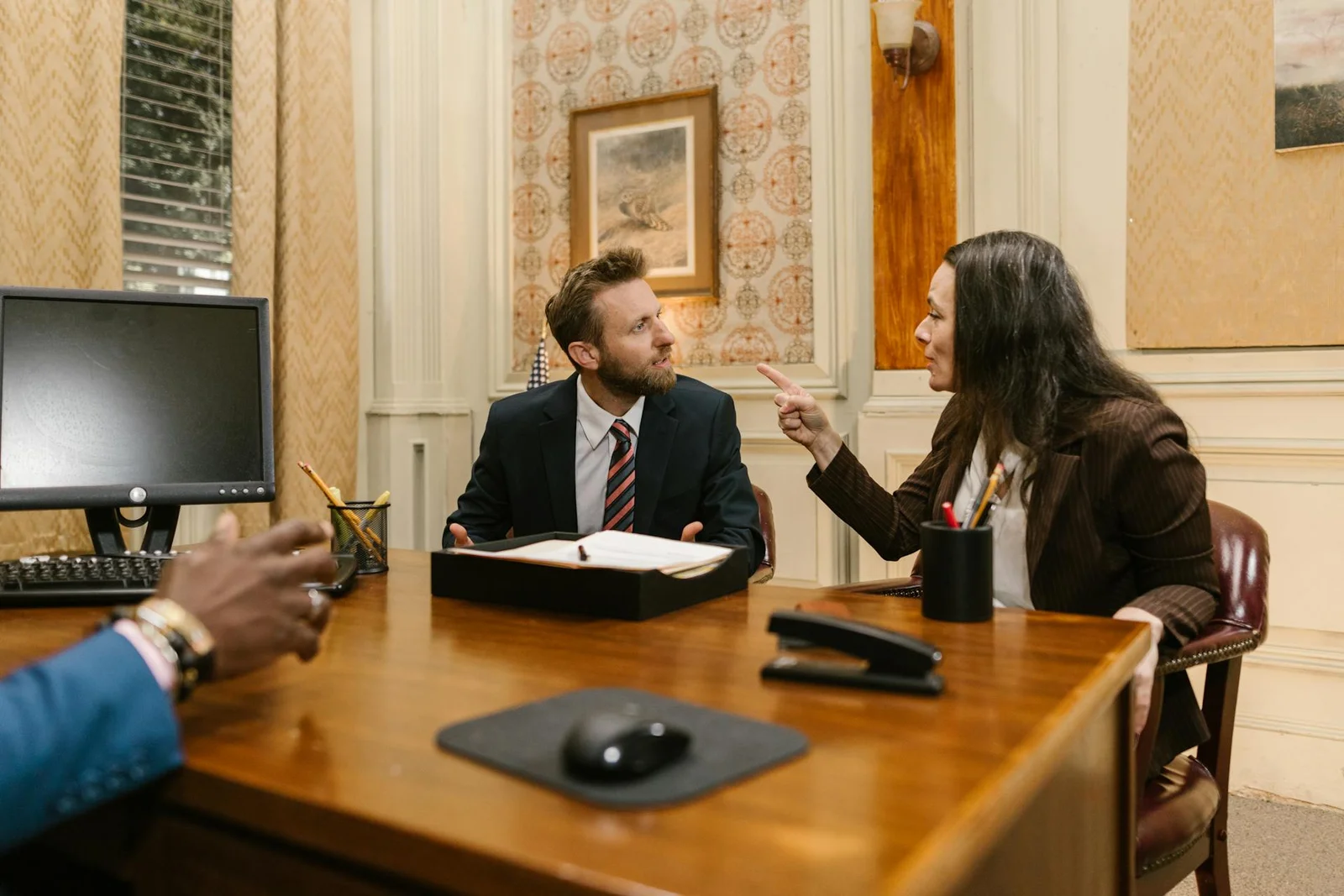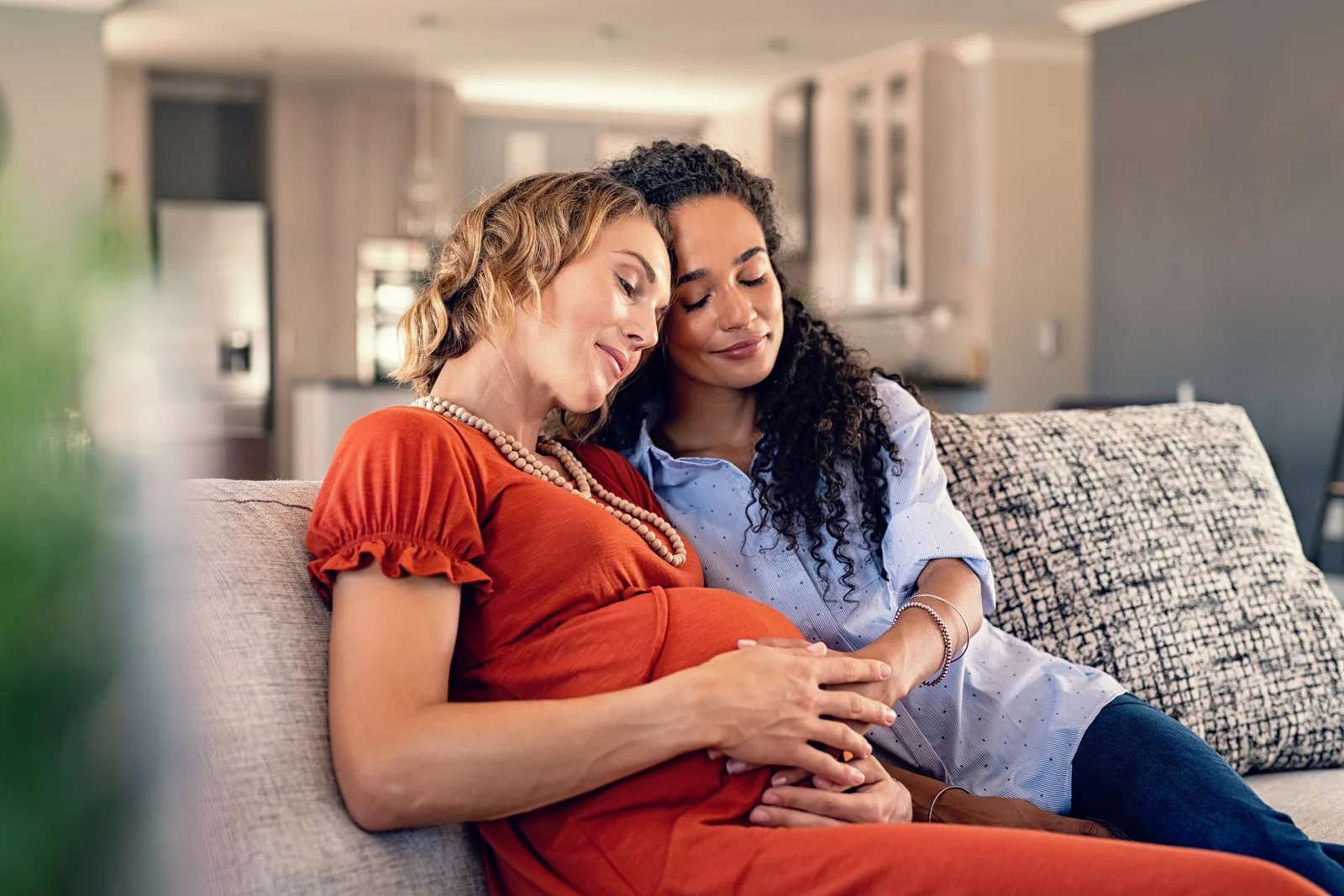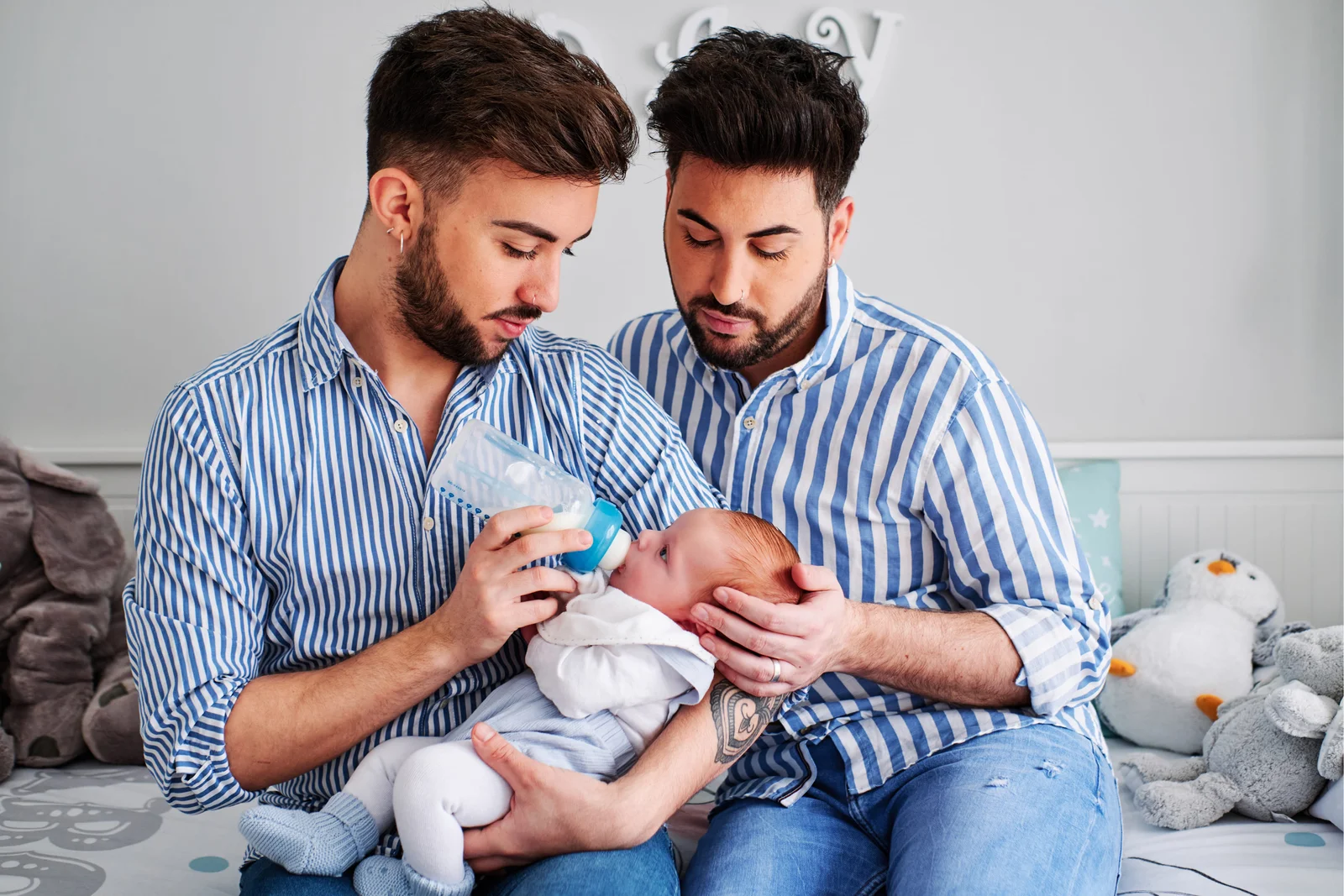Income Tax
Marriage Allowance allows married and civil partnered couples to transfer part of their tax allowance to their spouse, which can reduce their tax bill by up to £250 each year. To benefit as a couple, one spouse would need to earn less than the other and have an income of £12,500 or less. This is not available to cohabiting couples.
Capital Gains Tax
Capital Gains Tax is usually paid on the net gain arising from a disposal of assets. Assets gifted or sold to a spouse do not attract Capital Gains Tax. However, if the assets are sold at a later stage then the base value used for the calculation will be the value at which the disposing spouse acquired the asset.
Again, this spousal exemption does not apply to cohabiting couples. This could mean that adding your partner’s name to a property that does not qualify for principal private residence relief will attract a Capital Gains tax charge of 18% or 28%.
Pensions
Generally, pensions make provisions for a surviving spouse to receive payments when the pension contributor dies. There are no automatic rights for cohabiting couples. Instead, the partner would have to be specifically nominated as a beneficiary in order to access the funds in the pension. Whilst companies and employers are making changes to their pension schemes to take cohabitation into account, not everyone has, and it is always advisable to ensure that you understand exactly how your pension would work in relation to your partner.
Married and civil partnered couples may also receive part of their spouses Additional State Pension (also known as State Second Pension or SERPs). This benefit is not extended to a cohabiting couple.
Inheritance Tax
Inheritance tax is the area where cohabiting couples pay significantly more than a married or civil partnership couple.
Spouses are able to transfer everything they own to their spouses on death with no inheritance tax implications. If this happens then any unused nil rate allowance and residential nil rate allowance (subject to linear decedents inheriting) can be used on the death of the second spouse.
In contrast, if a cohabiting partner inherits any assets, they will have to pay 40% tax on any inheritance above the nil rate allowance (currently £325,000). The residential nil rate allowance will not be available and unused allowances cannot be transferred.
If a spouse dies without leaving a Will, the intestacy rules enable the surviving spouse to inherit some, if not all, of the deceased spouse’s estate. In contrast, there is no automatic provision for cohabiting couples under intestacy rules. The impact can be enormous if assets are not jointly owned.
What can you do?
Couples who are simply opposed to the institution of marriage have the option to enter into a civil partnership to take advantage of the tax reliefs. Those who prefer to continue living as a cohabiting couple are advised to ensure that their estate is managed in a tax efficient manner and they have a valid Will to protect their partner and any children.
You can learn more about the importance of Wills for safeguarding your children’s future here.
LEGAL ADVICE
If you require legal advice or assistance to on tax, trusts, wills or estate planning please contact Sangeeta Rabadia or call 020 7993 2936 to request a consultation.
*according to the latest information released by The National Office of Statistics, which reports a 25.8% increase in the decade 2008 – 2018.
































































